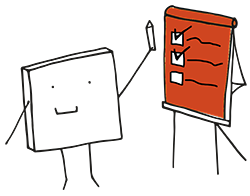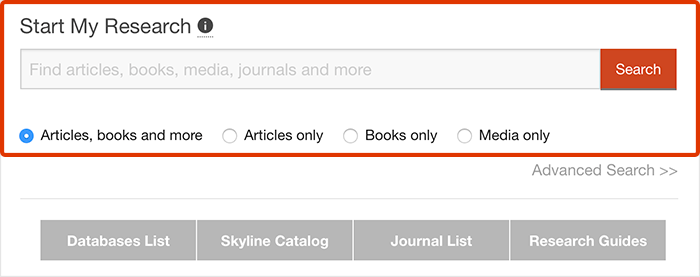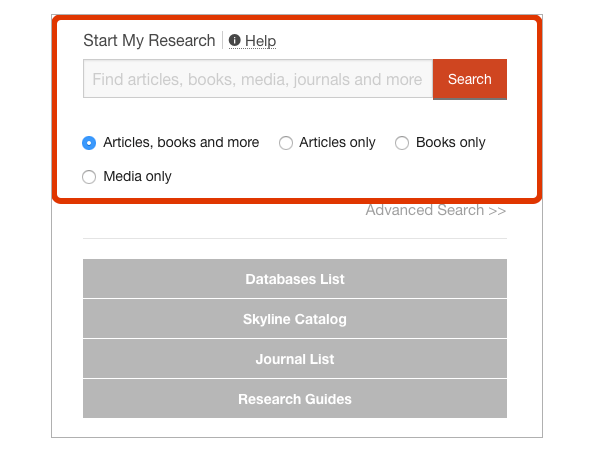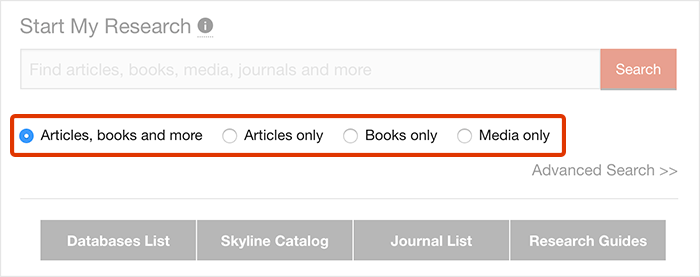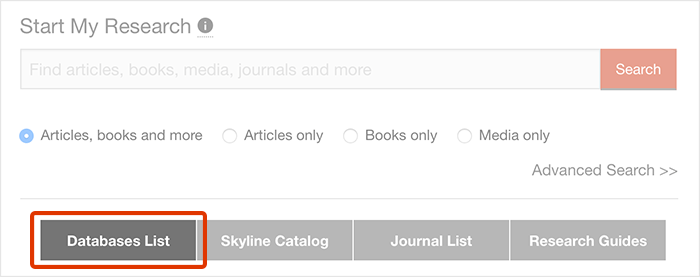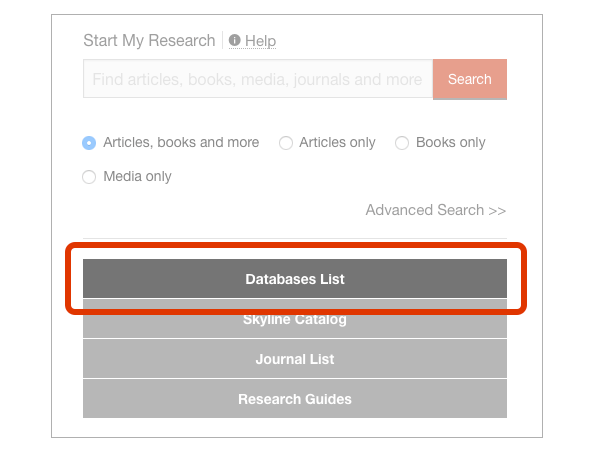Researcher Support Services
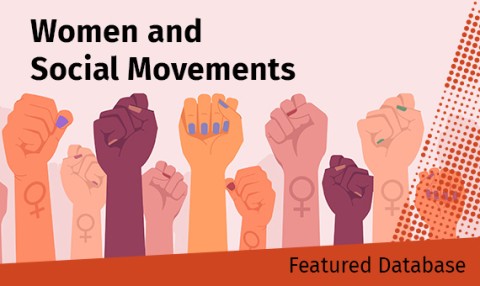
Featured Database: Women and Social Movements
You can use databases to easily find organized collections of articles, journals, news, streaming videos, primary sources, data, and more!
Here’s one of our favorite databases:
What’s in it?
The Women and Social Movements collection constitutes a resource for students and scholars of U.S./World history and U.S./World women's history. It allows users to browse and cross-search the content of three databases. The first database in this collection, Women and Social Movements International since 1840, includes the proceedings of about 400 women’s international conferences, diaries, letters, memoirs, journal articles, government reports, and reports of international voluntary organizations.
The second database, Women and Social Movements in Modern Empires since 1820, provides rare documentation of the colonial and post-colonial worlds as seen through women's eyes. Curated by an international team of more than fifty scholars, it offers scholarly essays and primary resources focusing on the British, French, Habsburg, Ottoman, Japanese, Russian, and American Empires.
The final database, Women and Social Movements in the United States, publishes 5,000 pages annually of Primary Source Sets, as well as book reviews, news from archives, and occasional scholarly essays. It explores American women’s history since the late 17th century, with a particular focus on the nineteenth and twentieth centuries.
Why should you use it?
History is often recollected and discussed from the point of view of the dominant members of society, which throughout history has rarely been women. Studying historic events through women’s perspectives is essential to capture the entirety of moments in the past, including the roles of women throughout history, their perspectives, and the social movements that were led and participated in by them.
Who should use it?
Students, staff, or faculty looking for primary sources or scholarly articles about history or social movements from the 17th century to the twentieth century would find this database of great use. Anyone studying activism or looking to start or get involved in a social movement may also find this database helpful.
Why use a database?
When you use a specific database, rather than a search engine or discovery tool, you often can find more relevant sources. For example, subject databases include sources about that subject only, rather than a general search engine or discovery tool that includes information about everything. This way you don’t have to wade through thousands of irrelevant results!
Want more databases?
Browse or search our Databases List!
If you have questions about this database or others, please see our Ask Us page.


